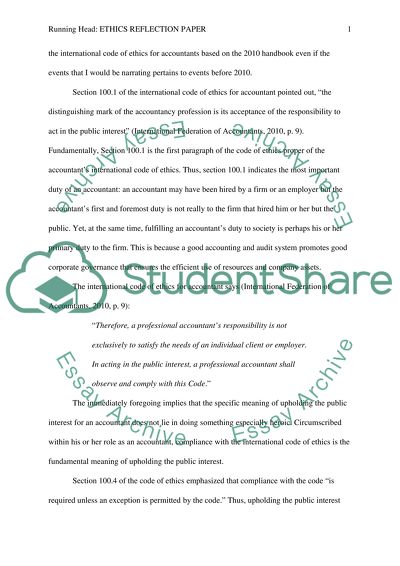Cite this document
(“Ethics reflection Term Paper Example | Topics and Well Written Essays - 1500 words”, n.d.)
Retrieved from https://studentshare.org/psychology/1580800-ethics-reflection
Retrieved from https://studentshare.org/psychology/1580800-ethics-reflection
(Ethics Reflection Term Paper Example | Topics and Well Written Essays - 1500 Words)
https://studentshare.org/psychology/1580800-ethics-reflection.
https://studentshare.org/psychology/1580800-ethics-reflection.
“Ethics Reflection Term Paper Example | Topics and Well Written Essays - 1500 Words”, n.d. https://studentshare.org/psychology/1580800-ethics-reflection.


